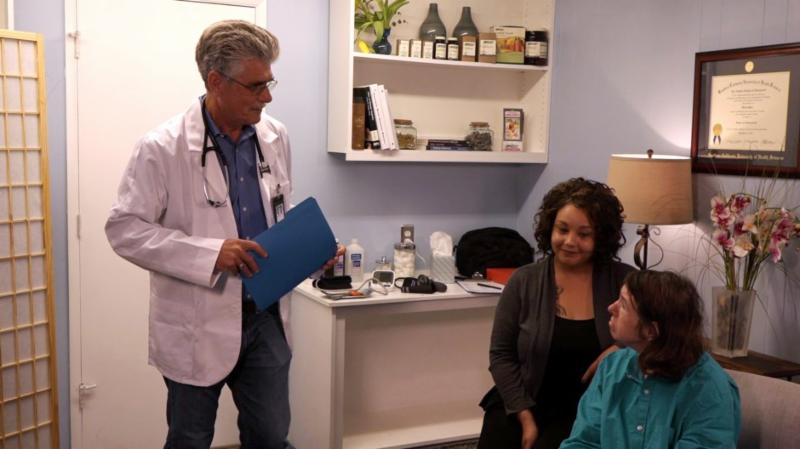For the last several years we have written articles about sexual assault awareness month, we have joined CA in “Denim Day” and we have engaged with stakeholders to “try” to raise awareness about the high rate of sexual victimization of people with intellectual and developmental disabilities. At the risk of pointing out the obvious, I will say that for many people with and without I/DD this is a very difficult issue to discuss. Often there is pain, shame, anger, discomfort or disbelief when it comes to sexual victimization experiences people have had or fear that something has happened or will happen to someone we care about. So, how do we change the conversation and move from being considered a “vulnerable population that is victimized at significantly higher rates” to part of AND INCLUDED in the larger societal conversation around sexual assault awareness and prevention? I think the conversation is changing, albeit slowly, as we see amazing self-advocates who have experienced sexual violence taking stages across the country to educate their peers about different ways they can get help if they need it. We are seeing legislative proposals to increase training for investigators so they can learn more about communicating with people that may have communication styles other than verbal. Victims services such as rape crisis and counseling centers at the local level are learning more about responding to the needs of people with I/DD. These are all important steps to empowering the I/DD community and being included in the larger conversation but there is still more to do! Members and representatives from the I/DD community should be involved at the local and state level so issues important to the I/DD community are heard when policies are being developed. For example, most rape crisis centers are non-profit organizations that have a Board of Directors so being a board member is one good option. Local law enforcement advisory committees are another good place to make sure issues that are important are heard and the state has various boards and commissions that have important advisory committees so participating on or in those could also be very effective.
This year the theme of Sexual Assault Awareness Month is I ASK! The focus this year is on consent and what it really means. The National Sexual Violence Resource Center has published several resources and their toolkit that are specific to the issue of consent. To learn more about the available resources and ways you can participate in the campaign visit https://www.nsvrc.org/saam



